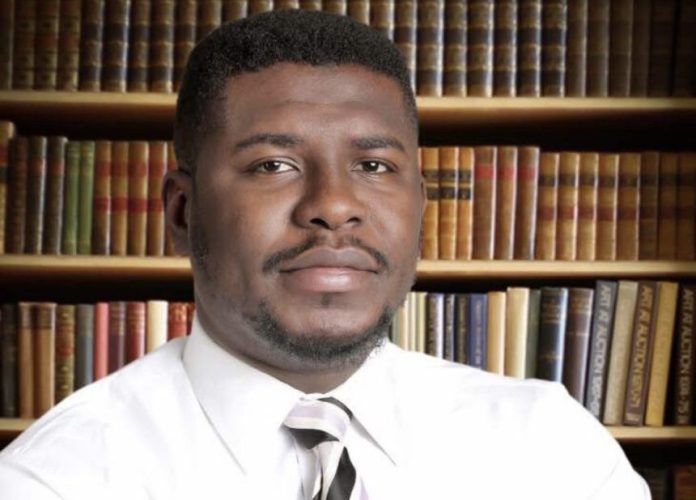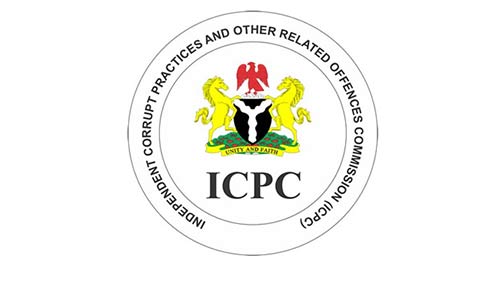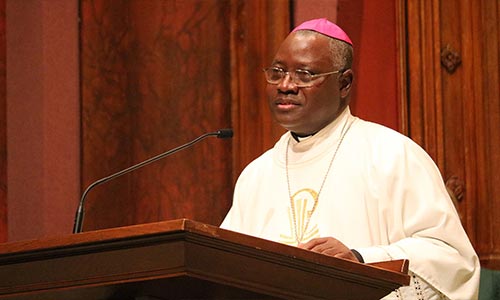Daily Law Tips (Tip 642) by Onyekachi Umah, Esq., LL.M, ACIArb(UK)
Compulsory Drug Test of Ladies Before Wedding is Unlawful.
Compulsory Drug Test for single ladies before wedding (marriage) may soon be a federal government policy in Nigeria. In Nigeria, there is a reported case of over 10.6 million cannabis users, with 1 in every 5 users being dependent and 1 in every 4 drug users being a woman, according to “Drug Use in Nigeria 2018” of the United Nations Office on Drug and Crime. With growing number of drug users, it is not uncommon to find innovative zealous minds with zero tolerance for drugs. This work examines the legality or otherwise of a compulsory drug test for single women as a condition for marriage (Customary and English Marriages).
Nigeria has a federal agency (National Drug Law Enforcement Agency) empowered by law to combat the use and trade of hard drugs. On 21 August 2020, the Chairman of National Drug Law Enforcement Agency (NDLEA) was reported in newspapers, stating that Single ladies will undergo drug tests before Marriage. The comment of Col. Mohammed Mustapha Abdalla, Rtd. (NDLEA’s chairman) has erupted many comments and backlash on the internet and offline platforms. While the proposed policy of NDLEA may be informed by statistics at its disposal (if any) and a genuine quest to combat drug abuse, the legality of NDLEA policies and approach must be lawful and constitutional.
Marriage is a highly regulated relationship in Nigeria. Laws and customs have established process and procedure for contracting valid marriage in Nigeria. There are 2 major types of marriages in Nigeria; Customary Marriage and English Marriage. English marriage (Statutory, Court or Registry marriage) and Customary marriage (Traditional, Native or Cultural marriage). English marriage is a marriage between one man and a woman in accordance with the federal government laws on marriage while Customary marriage is a marriage conducted according to the native law and customs which often allows a man to marry more than one wife. For English Marriage, the federal legislation made since 1914 is still the only standard for having a valid English/statutory/court marriage.
Customary marriages are governed by lawful customs, traditions and culture of the concerned prospective couple. Where the said tradition is not contrary to natural justice or laws in Nigeria, such tradition is allowed. So, a culture that conducts marriage with human head or that allows same sex marriage is automatically illegal and unacceptable. It is important to point out that, documentation and writing is unknown to customary law, everything is orally done.
Presently, there is no customary law/practice, or law of a state/federal government that has made drug test a condition for marriage. So, for customary marriage, prospective couples and the custodians of their culture/tradition have no law ordering them to drug test. However, assuming there is any, one wonders how it will effectively apply to customary marriages, since documents and documentation (including proof/results of drug test) are alien and unknown to native laws and customs.
English marriage is regulated by federal law that has established three (3) steps to a valid marriage. None of the steps includes or requires a drug test. Click to read “3 Steps to a Valid English/Court Marriage in Nigeria”. Also, there is no state or federal law or even Regulation that has made drug test a condition for English Marriage in Nigeria. Hence, no person, agency or institution, can by a mere policy add or remove anything to the statutory process of conducting English Marriage. Any amendment to the Marriage Act must be by the National Assembly, alone.
The Supreme Court of Nigeria has warned that policy guidelines of governments are not laws and regulations (subsidiary laws). Also, laws cannot be changed via policies rather through legislative law-making processes. Hence, it will be an unlawful procedure/process to enforce compulsory drug test of prospective couples because of a mere policy guideline of state/federal government or any agency.
Aside the procedure of legally initiating compulsory drug test among prospective couples, another germane issue is the legality of the test itself. This issue is important not minding that such tests may reveal more drug offenders and increase government revenue through the government laboratories (unless such tests are completely free).
Fundamental human rights are constitutional rights, engraved and casted in the Constitution of Nigeria. The Constitution of Nigeria, is the greatest of all laws in existence and yet to be in existence in Nigeria. So, any law, regulations, policy, order, International conventions, treaty, process, procedure, initiative or innovation that violates or attempts to violate the constitution (including the human rights contained in the constitution) is null and void, illegal and dead on arrival.
Among the fundamental human rights is the Right to Freedom from Discrimination. No citizen of Nigeria is to be discriminated against because of his/her community, ethnic group, place of origin, sex, religion or political opinion. A policy/regulation/law designed to force women or any particular sex to conduct compulsory drug test is discriminatory, unconstitutional, illegal, nullified and dead on arrival. It is just a mere rant and waste of taxpayers’ fund.
The cancelled policy of Nigerian Immigration Services (NIS) that required married women to present consent of their husbands before being issued passports is instructive. The cancelled discriminatory policy was violating the human rights of women (especially married women) simply because of their sex as women. The court frowned at it and declared it unlawful. Obviously, any discriminatory policy, regulation or even law from or sponsored by NDLEA or any agency will also be declared unlawful.
Among human rights in Nigeria, is the right to private and family life. This right protects privacy of citizens, their homes, correspondence and communication. This obviously will include medical results and drug test of citizens. It will be unconstitutional, illegal and a violation of human right for any law, policy, regulation, agency or institution to order compulsory drug test or have unauthorized communication/access to test results. Marriage registry and religious institutions have no right to request, demand, obtain or access drug test results of prospective couples. This is not known to any law and is not among the notices and steps for contracting a valid English Marriage under the law.
Truly, there is need to combat growing rate of drug abuse in our society but this must be done within the provisions of the law. No sex or tribe should be discriminated or made to suffer more than others. Government agencies and departments must learn to adopt policies and make regulations that are not contrary to rule of law in Nigeria. Media and public communications of government agencies and departments should be made after critical assessments with relevant stakeholders to avoid misinformation and resultant public outcry and loss of support.
My authorities are:
1. Sections 37, 42, 45 and 46 of the Constitution of the Federal Republic of Nigeria, 1999.
2. Section 1, 3 and 4 of the National Drug Law Enforcement Agency Act, 1989
3. The Supreme Court judgment on “Meaning of Regulation” in the case of AG LAGOS STATE v. EKO HOTELS LTD & ANOR (2006) LPELR-3161(SC)
4. The Court of Appeal judgment on “Meaning of Executive Order/Regulation” in the case of ELEPHANT GROUP PLC v. NATIONAL SECURITY ADVISER & ANOR (2018) LPELR-45528(CA)
5. The Supreme Court judgment on “Policy Documents/Guidelines” in the case of COMPTROLLER GENERAL OF CUSTOMS & ORS v. COMPTROLLER ABDULLAHI B. GUSAU (2017) LPELR-42081(SC).
6. The Supreme Court judgment on “Policy Documents/Guidelines” in the case of UNION BANK OF NIGERIA PLC & ANOR. v. IFEOLUWA NIG. ENTERPRISES LTD (2007) 7 NWLR (Pt.1032) 71 at 84.
7. The Court of Appeal’s judgment (that customary law, transactions and affairs do not require documents, documentation and writings) in the case of KWARI v. RAGO (2000) LPELR-11976(CA)
8. The judgment of the Federal High Court ( nullifying the policy of requesting for consent of a husband before passport is issued to his wife) in the case of Dr Priye Iyalla-Amadi v. Comptroller- General, Nigerian Immigration Services and Another. Suit No FHC/PH/CS/198/2008 (Unreported) (Judgement delivered by Justice G. K. Olotu on June 15, 2009)
9. Isaac Adewole & Yemi Kale, “Drug Use in Nigeria 2018” (UNODC, 2018) accessed 23 August 2020.
10. Goodness Nwogwugwu, “Single ladies to undergo drug tests before Marriages-NDLEA” (The Daily Times, 22 August 2020) accessed 24 August 2020
11. Linda Ikeji, “NDLEA considers compulsory drug testing for ladies before marriage” (Linda Ikeji’s Blog, 24 August 2020) accessed 24 August 2020.
#SabiLaw
#DailyLawTips
#SabiBusinessLaw
#SabiElectionLaws
#SabiHumanRights
#SabiLawOnBeatFm
#SabiLawLectureSeries
#CriminalJusticeMonday
#SabiLawVideoChallenge
Speak with the writer, ask questions or make inquiries on this topic or any other via [email protected] or [email protected] or +2348037665878. To receive our free Daily Law Tips, follow our Facebook Page:@LearnNigerianLaws, Instagram: @LearnNigerianLaws and Twitter: @LearnNigeriaLaw
Please share this publication for free till it gets to those that need it most. Save a Nigerian today! NOTE: Sharing, modifying or publishing this publication without giving credit to Onyekachi Umah, Esq. and “LearnNigerianLaws.com” is a criminal breach of copyright and will be prosecuted.
This publication is the writer’s view not a legal advice and does not create any form of relationship. You may reach the writer for more information.
Powered by www.LearnNigerianLaws.com {A Free Law Awareness Program of Sabi Law Foundation, supported by the law firm of Bezaleel Chambers International (BCI).

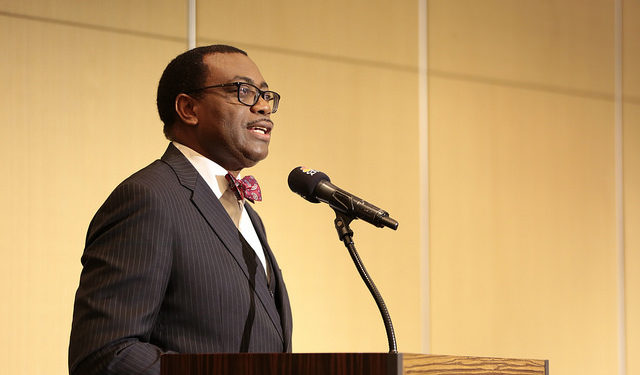

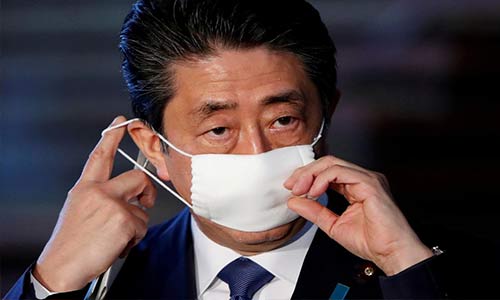
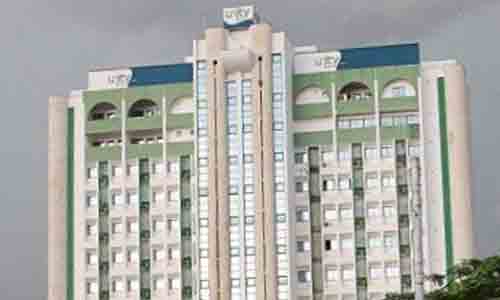
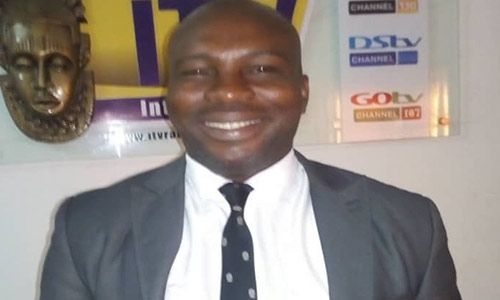
![CAC Dispenses With Physical Presence In Its Lagos And Abuja Offices, Provides Details Of Courier Service Providers To Be Used [FULL LIST] CAC Dispenses With Physical Presence In Its Lagos And Abuja Offices, Provides Details Of Courier Service Providers To Be Used [FULL LIST]](https://lawandsocietymagazine.com/wp-content/uploads/2020/08/Corporate-Affairs-Commission-CAC.jpg)
